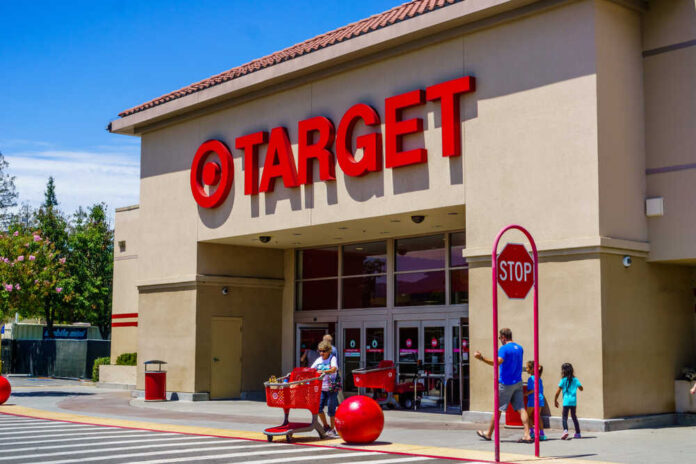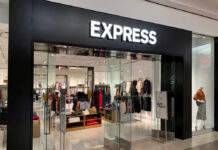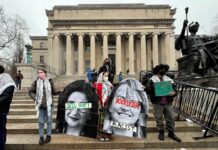Target (TGT) has stated it will close nine stores on October 21 to protect its employees and customers from theft and organized retail crime. One location in Harlem, New York, two in Seattle, three in the area surrounding San Francisco and Oakland, and three in Portland, Oregon, have all closed. Workers who meet the criteria for a transfer will be given the option to move to another store.
Profits for the year would be reduced by $500 million due to inventory “shrinkage” (an industry term where one wants to avoid the term shoplifting), caused mainly by theft, so the corporation has decided to shut down its stores. Profits dropped by $700 million in 2022 due to criminals. While Target’s second-quarter sales decline aligned with projections, CEO Brian Cornell noted that it was still far higher than the level at which the company could sustain itself.
Target spent a lot of money on measures to deter and prevent shoplifting and organized retail crime, such as hiring extra security guards, installing surveillance equipment, and rolling out “theft-deterrent” products company-wide. Store closures, however, were the last option.
In 2022, inventory “shrinkage” cost businesses $112 billion, up nearly 20% from 2021, when it cost $93.9 billion, according to the National Retail Federation’s (NRF) National Retail Security Survey. Target is taking measures, such as installing locked cases for “prone to theft” product categories, at some of its worst-hit shops to reduce losses.
Target is also investing in cyber security technologies, forming a partnership with the investigations section of the US Department of Homeland Security to create bespoke tools to detect and deter criminal conduct and to broaden the scope of data alerts and analysis to capture fraud better. CEOs from other major retailers, such as Nordstrom’s Erik Nordstrom and Walmart’s John Furner, have also voiced their concerns about the rise of retail theft and organized retail crime.
Criminals create their “deserts,” not evil capitalists.


















